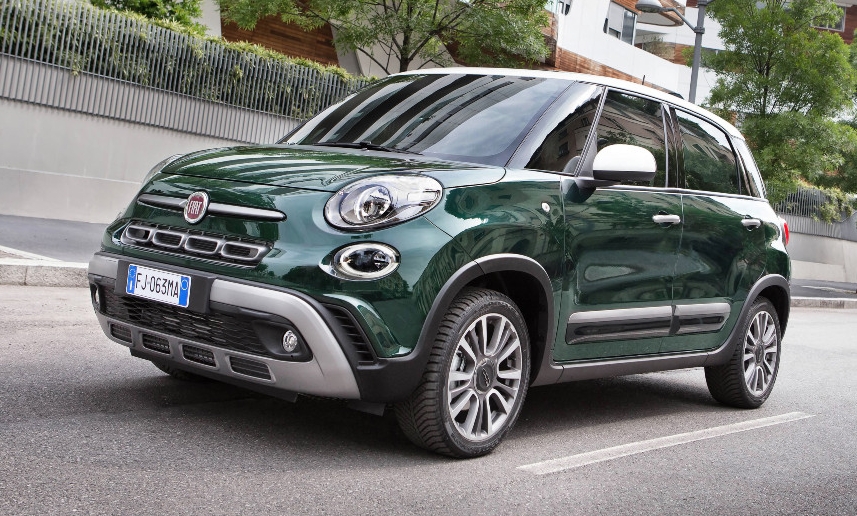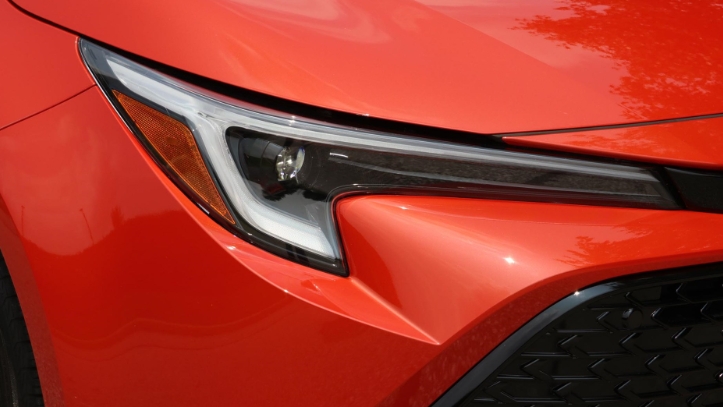The new electric car will replace the Fiat 500L minivan and will go into production in 2024. Another electric car may be added at a later date.
Stellantis said it will produce the new battery electric car at its factory in Kragujevac, Serbia.
The electric car will replace production of a small Fiat 500L minivan, Stellantis said in a statement.
Stellantis CEO Carlos Tavares and Serbian President Aleksandar Vucic signed an agreement Thursday worth 190 million euros ($200 million) to invest in electric car production at the plant.
Stellantis said the new electric car, which has not yet been named, will go into production in early 2024. The company said another electric car could be added later.
Stellantis did not give details on what kind of car will be produced at the plant, but Tavares said its platform would be “ideal” for cars in the small car, small car and compact car segments.
“This new electric vehicle platform will be a perfect match for Category A, B and C products and will improve efficient and environmentally friendly urban mobility solutions for our brands,” Tavares said.
Automotive press reports say the second electric car that could be added to the plant could be an electric version of the Panda minicar.
Stellantis is creating four new platforms that will form the basis of battery- and combustion-engine vehicles.
The STLA small and mid-sized electric vehicle platforms will be used mainly by Citroen, DS, Fiat, Lancia, Opel and Peugeot. STLA Large is designed for high-performance midsize and large cars such as Alfa Romeo, Chrysler, Dodge and Jeep, while STLA Frame will be used for Ram and Jeep frame cars.
The Serbian investment will help Stellantis, which was formed from a merger between Fiat Chrysler Automobiles and PSA Group, maker of Peugeot, reach its goal of selling battery-only passenger cars in Europe by the end of this decade, Stellantis said.
Fiat said its product line will become electric-only between 2025 and 2030.
Serbia owns a 33 percent stake in the plant, which previously produced Yugo cars under state-run Zastava Automobili.
Vucic said Serbia, which has not yet produced electric cars, will have to consider opening numerous charging stations to attract local buyers and adopt a new energy strategy.
“We have to provide cheaper electricity, and for that we have to have more renewable energy,” Vucic said.



